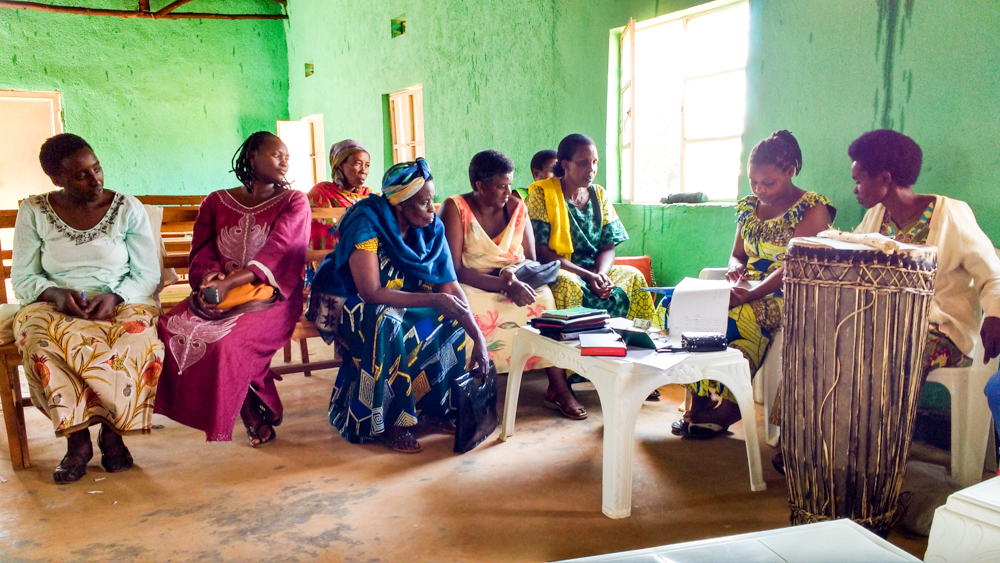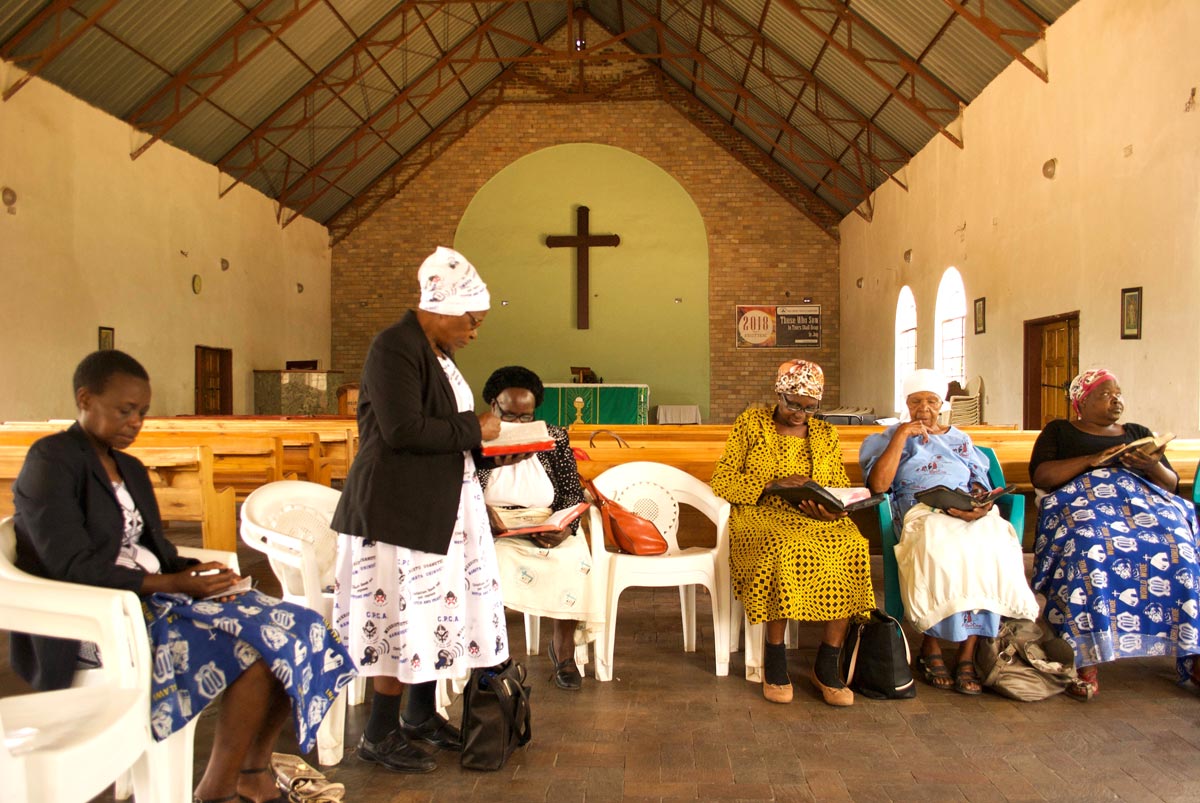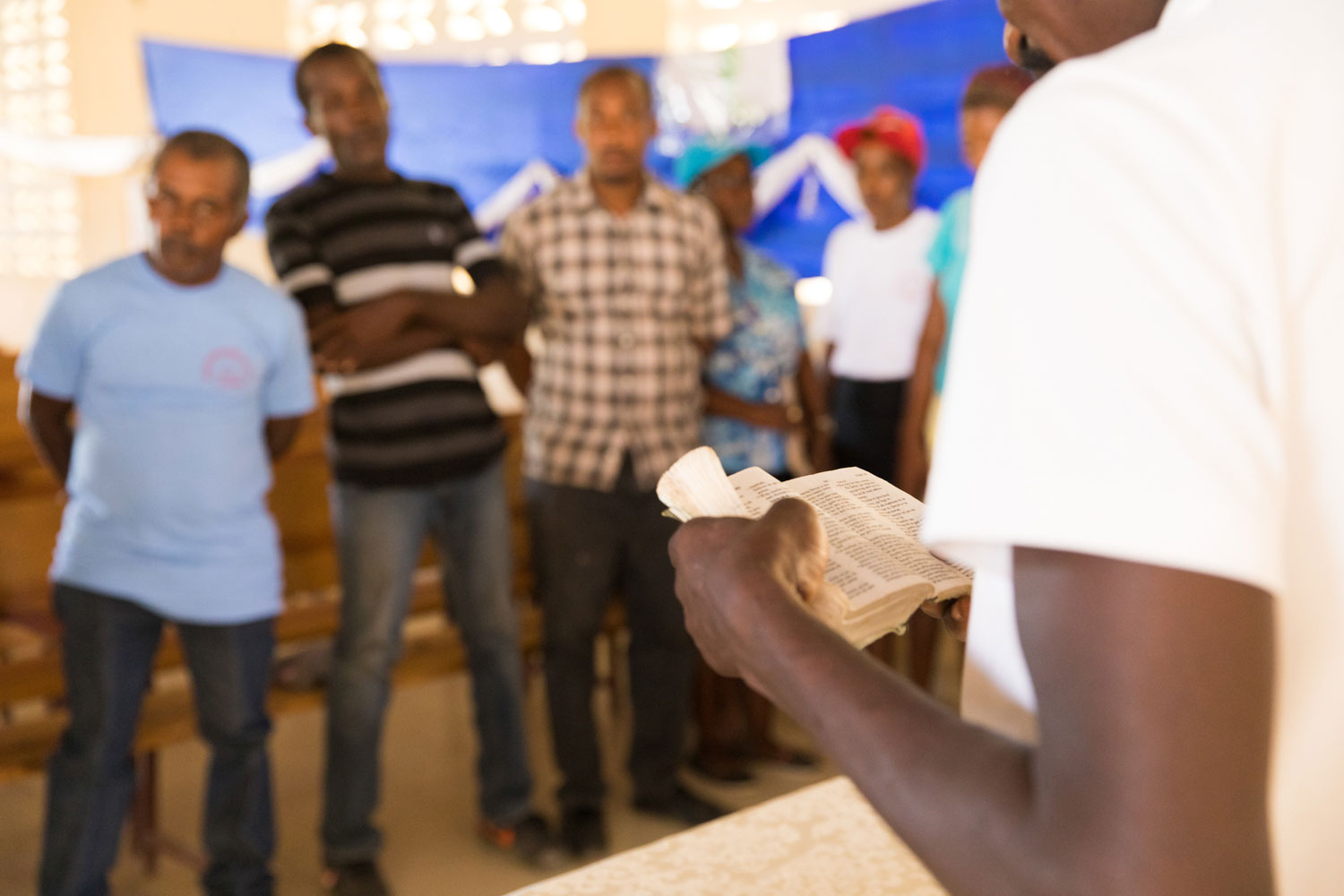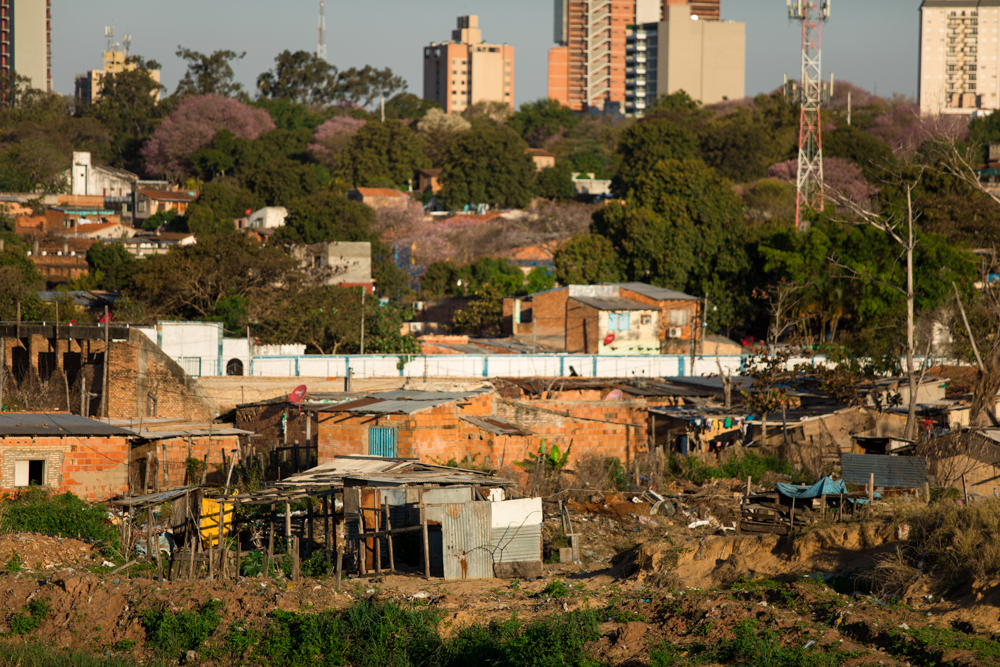Living in a remote community on the outskirts of Comas, Peru, Margarita Moreno collects and sells discarded bottles and recyclables. This summer, Peru experienced a surge in COVID-19 deaths, leading the country to enter a time of severe lockdown. While this time could have left Margarita feeling more isolated than ever, her connection in community has instead grown stronger. Continue Reading…
Archives For community
HOPE Intl
HOPE Intl
Stories we loveHOPE Intl
HOPE Intl
Staff / Travels Stories we loveHOPE Intl
HOPE Intl
Staff / Travelsby Robert Gonza, Quality Assurance Officer (HOPE Rwanda)
When I started working with HOPE Rwanda, I didn’t know if I believed in savings groups.
My job in quality assurance includes interacting with our field partner staff, training them about quality assurance processes like reporting documents, attending monthly mentoring meetings, and visiting and encouraging saving groups. I enjoyed my job and my team, but I was not always very sure how savings groups were transforming people’s lives.
Almost anyone you ask at HOPE Rwanda will be quick to share the statistics of how the saving groups are transforming lives—how many families we serve, how much they’ve saved, the number of cows, goats, and pigs they’ve purchased with their savings. Three years later, I now myself could share all these things. And I thought that the numbers were the most important things about these savings groups.
But I was wrong. They are about way more than just the savings, the number of loans, or those who attended the meeting—or pigs or cows. Continue Reading…
HOPE Intl
HOPE Intl
Staff / Travelsby Elizabeth Dewes, Field Journalism Fellow (based in Zambia)
This summer, Zimbabweans witnessed their first major transition of political power since their 1980 independence from British and white minority rule. With the recent changes, economic uncertainty came to a head in September when tax increases on fuel triggered a series of exorbitant price hikes, on everything from gas to imported goods. I witnessed this unfolding crisis on my recent trip to Harare, Zimbabwe’s capital city, in November. Continue Reading…
HOPE Intl
HOPE Intl
Spiritual Integration“Sow righteousness for yourselves,
reap the fruit of unfailing love,
and break up your unplowed ground;
for it is time to seek the Lord,
until he comes
and showers his righteousness on you.”
Hosea 10:12
The start of a new year offers a wonderful opportunity to commit to seeking the Lord even more intentionally. As 2019 begins, we invite you to join us in a HOPE-themed devotional. Created with our friends at YouVersion, the plans are available online or via the YouVersion app.
Here are three options we suggest, based on what God might be inviting you to this year:
If you have a desire for personal growth, we recommend … Continue Reading…








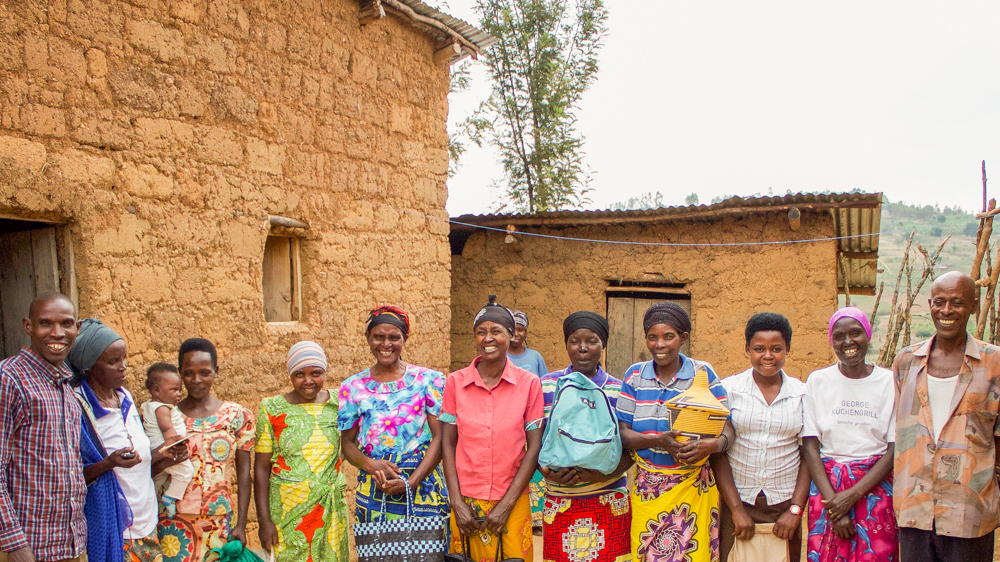
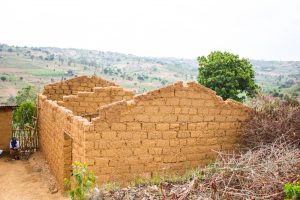 A few months ago, I was in a village called Mugina, visiting savings group members and hearing their stories. My third interview of the day was with a woman named Speciose. After greeting us, she guided us gently down a hill to her home, a small building nestled in the shadow of a much larger structure that was without a roof. The larger, open-air home stood empty, a shell of a house, exposed to the rain and wind. Almost a year before, a storm had pried off the entire roof and sent it flying, and the smaller house had served as a temporary shelter for Speciose and her husband ever since.
A few months ago, I was in a village called Mugina, visiting savings group members and hearing their stories. My third interview of the day was with a woman named Speciose. After greeting us, she guided us gently down a hill to her home, a small building nestled in the shadow of a much larger structure that was without a roof. The larger, open-air home stood empty, a shell of a house, exposed to the rain and wind. Almost a year before, a storm had pried off the entire roof and sent it flying, and the smaller house had served as a temporary shelter for Speciose and her husband ever since. 